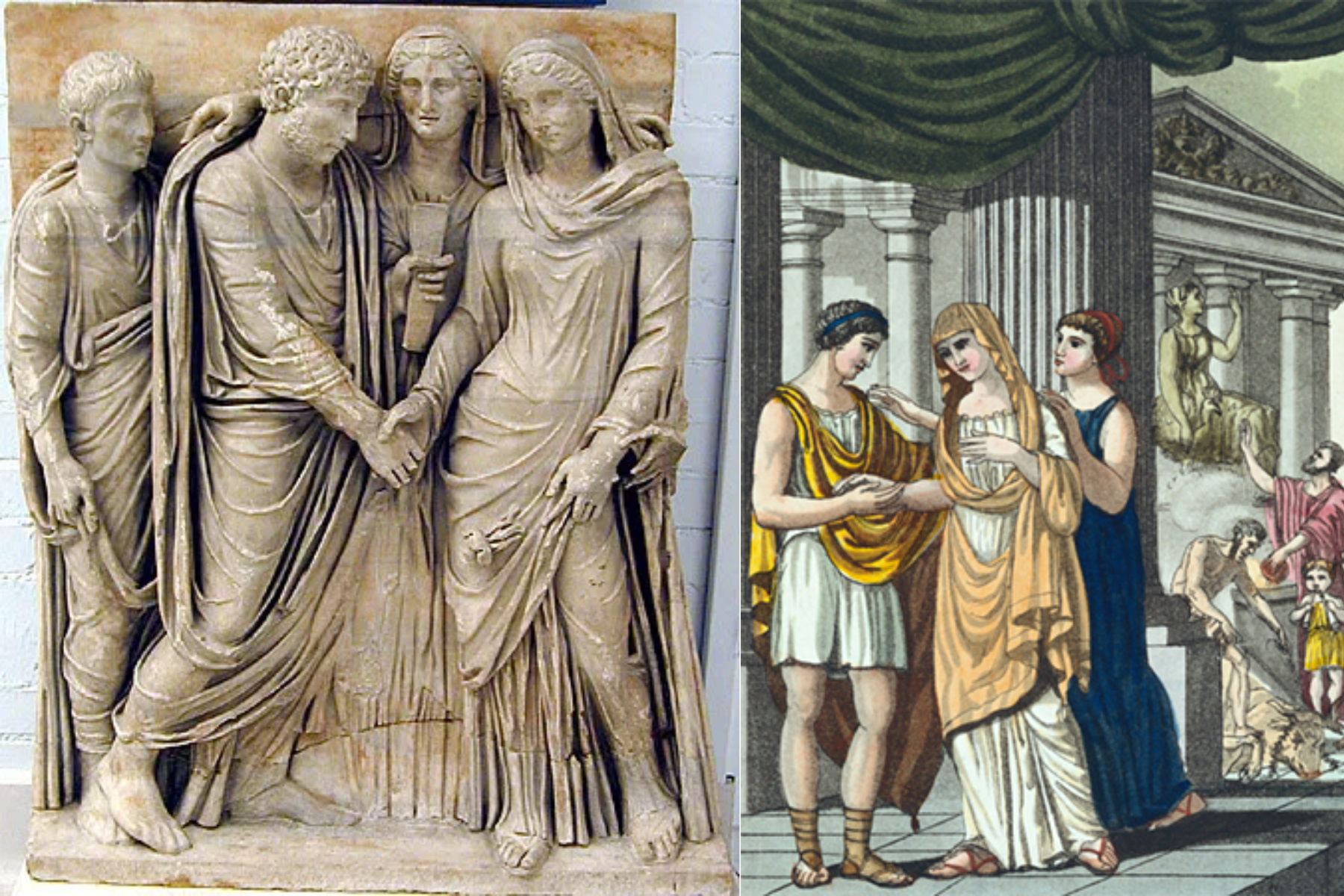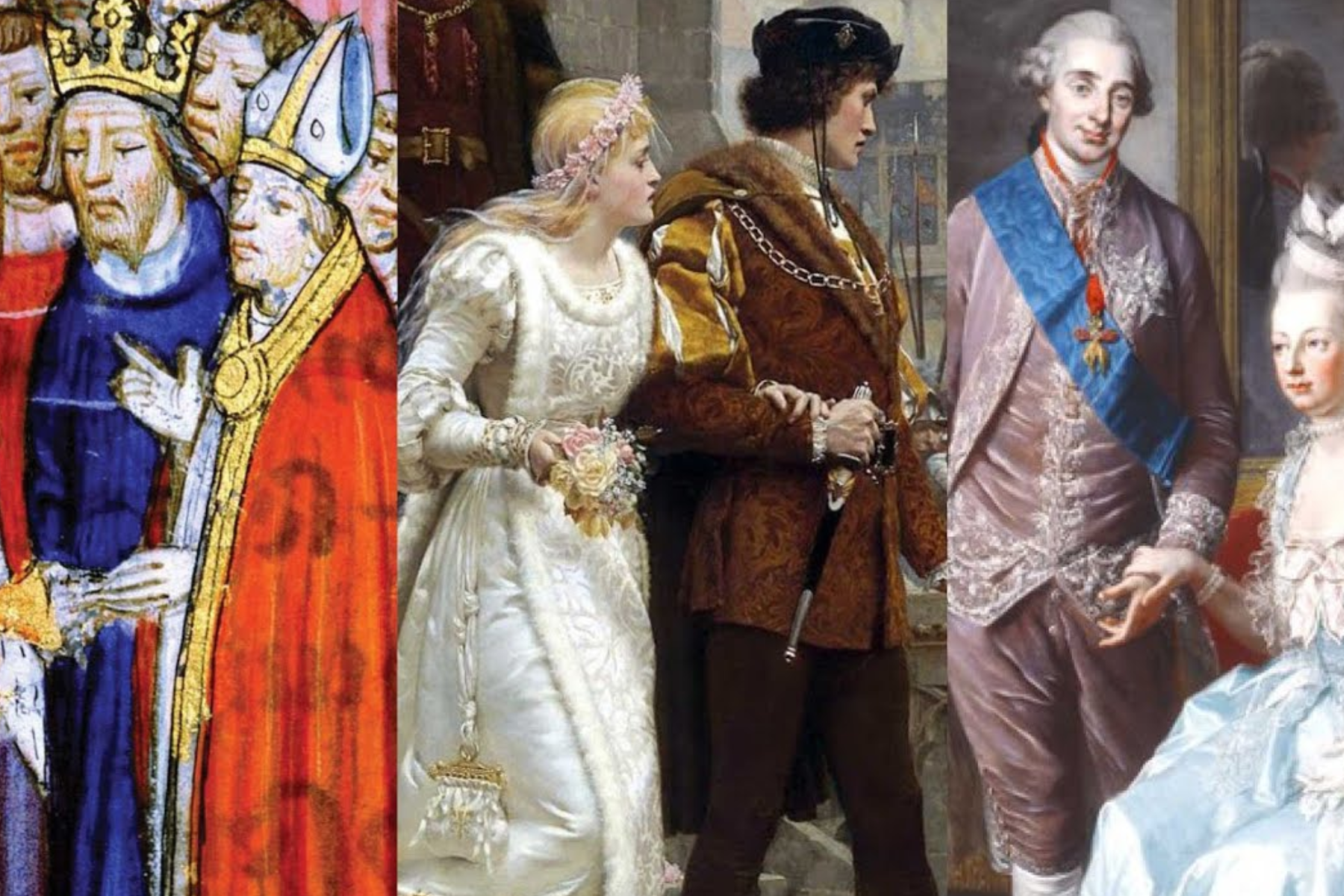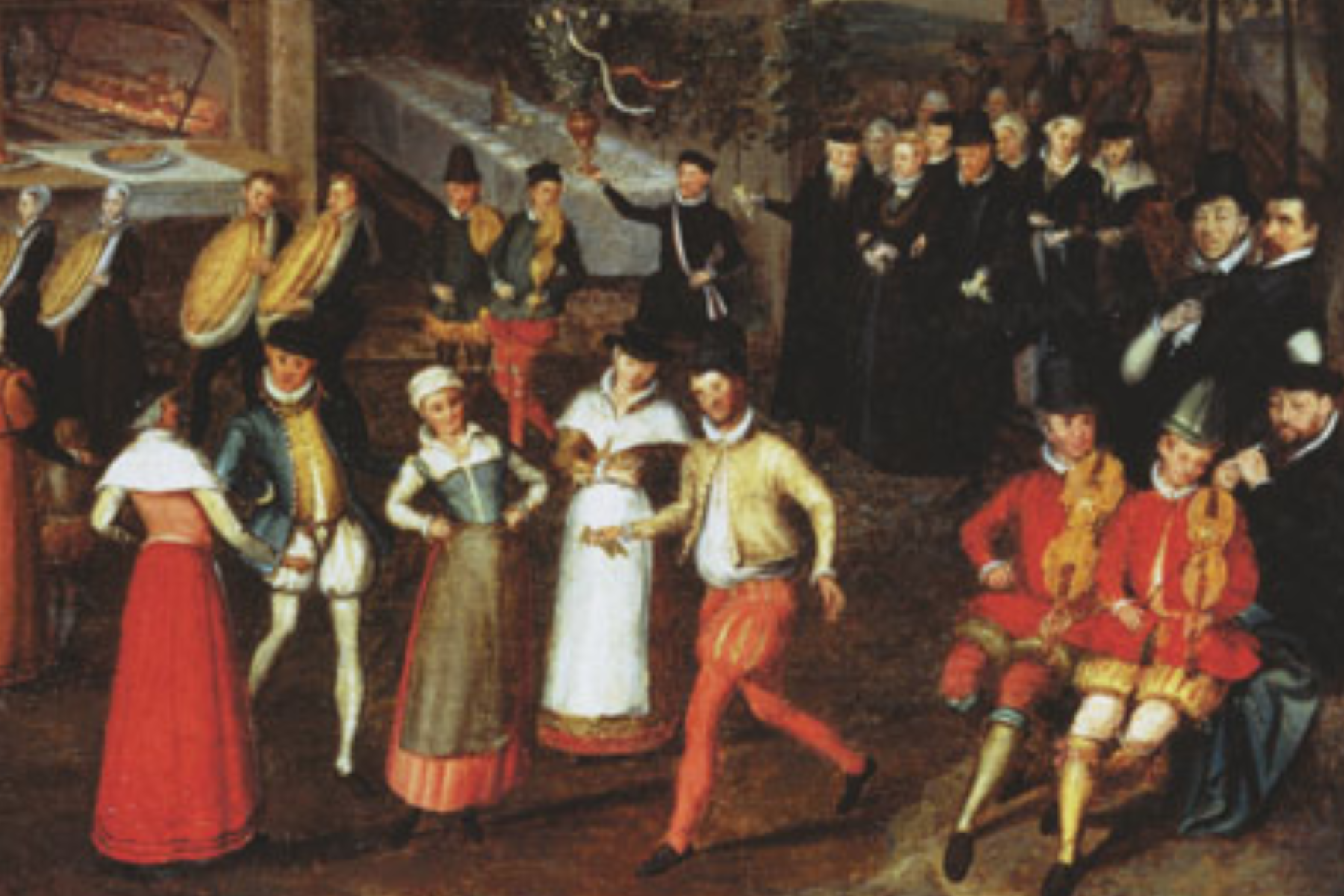History Of Marriage - From Antiquity To The Modern Era
The history of marriage has been an important part of human society for thousands of years. It has changed a lot over time, showing the social, cultural, and religious values of different places and times. In this article, we'll look at how marriage has changed over time, from ancient times to today.
Author:Frazer PughReviewer:Dexter CookeFeb 03, 202336K Shares839.2K Views
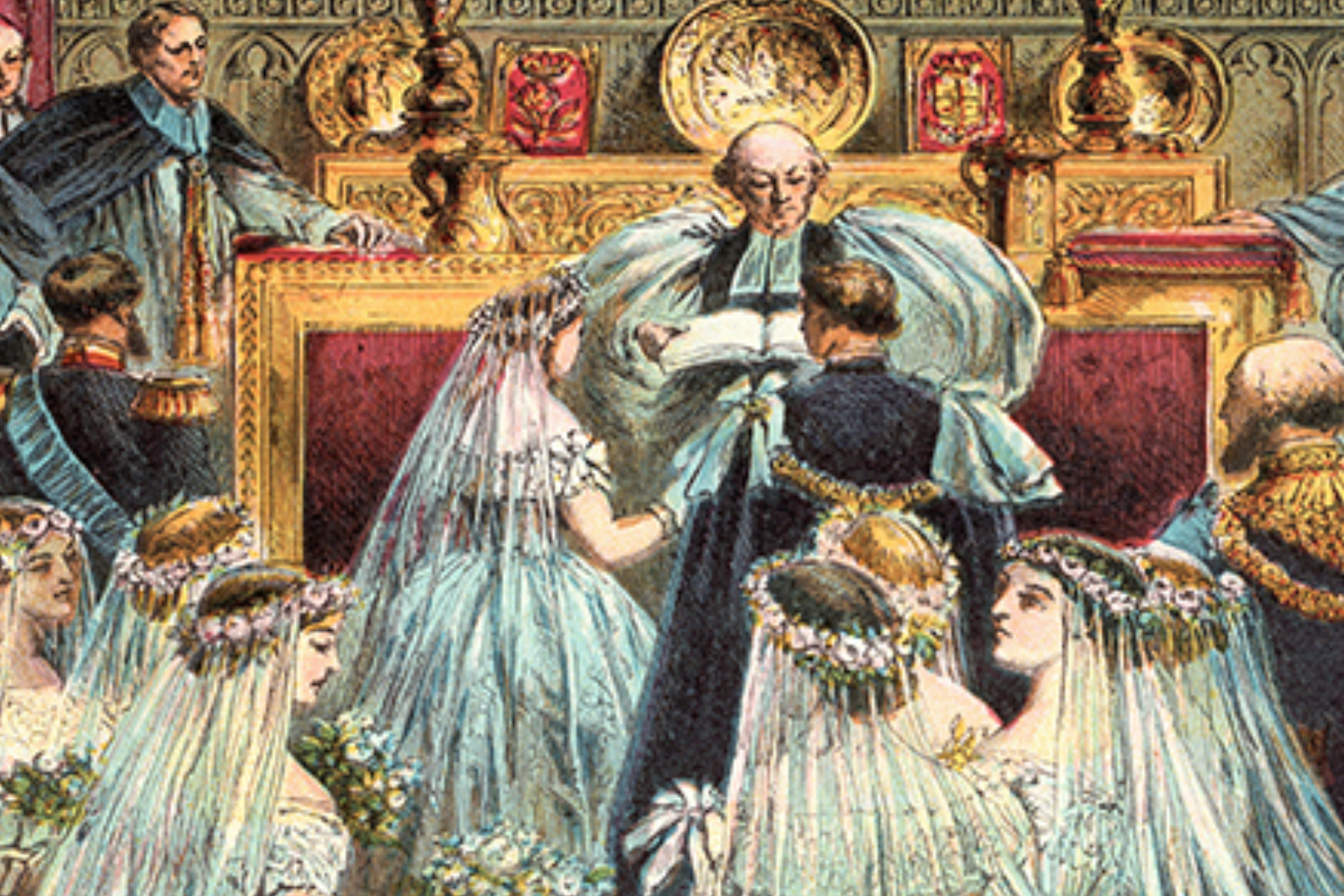
The history of marriagehas been an important part of human society for thousands of years. It has changed a lot over time, showing the social, cultural, and religious values of different places and times. In this article, we'll look at how marriage has changed over time, from ancient times to today.
Antiquity
Marriage in ancient times served primarily as a means of forming alliances between families, tribes, and communities. It was also seen as a way of securing the continuation of family lines and the transfer of property.
In ancient Babylon, for example, a bride's father would receive a dowry from the groom's family, and the groom was expected to provide a home for the couple and support the family financially.
In ancient Greece, marriage was viewed as a political and social union. Marriages were arranged by families and were often based on financial and political considerations rather than love. Wives were expected to remain in the home and raise children, while husbands were free to engage in public life and affairs.
Ancient Rome saw a similar pattern, with arranged marriages being the norm. Roman law required that a husband had complete control over his wife and children and could divorce his wife for any reason.
However, Roman law also granted certain rights to women, such as the right to inherit property and the right to petition for a divorce.
The Middle Ages
In the Middle Ages, marriage became more associated with the Christian church. The Catholic Church was instrumental in establishing marriage as a sacrament, and in the 12th and 13th centuries, the church began to regulate marriages.
Couples were required to exchange vows in a church ceremony and obtain a church-issued marriage certificate.
During this period, marriages were often arranged by families and were based on political and financial considerations. Wives were seen as property, and husbands had complete control over their wives and children.
Divorce was rare and was only allowed under limited circumstances, such as adultery or desertion.
The Renaissance And The Reformation
The Renaissance saw a shift in attitudes towards marriage, with love and personal happiness becoming more important considerations. This was reflected in the increasing popularity of romantic literature and the rise of courtly love.
However, arranged marriages still remained the norm, and the church maintained its control over the institution of marriage.
The Reformation, in the 16th century, saw a further shift in attitudes towards marriage. Protestant Reformers rejected the Catholic Church's control over marriage and advocated for greater freedom and equality in marriage.
This was reflected in the rise of civil marriage ceremonies, which allowed couples to marry without the involvement of the church.
The Modern Era
The 19th century saw significant changes in attitudes towards marriage, with the rise of the women's rights movement and the increasing importance of love as a factor in marriage.
Here's how to make your modern-day marriage work:
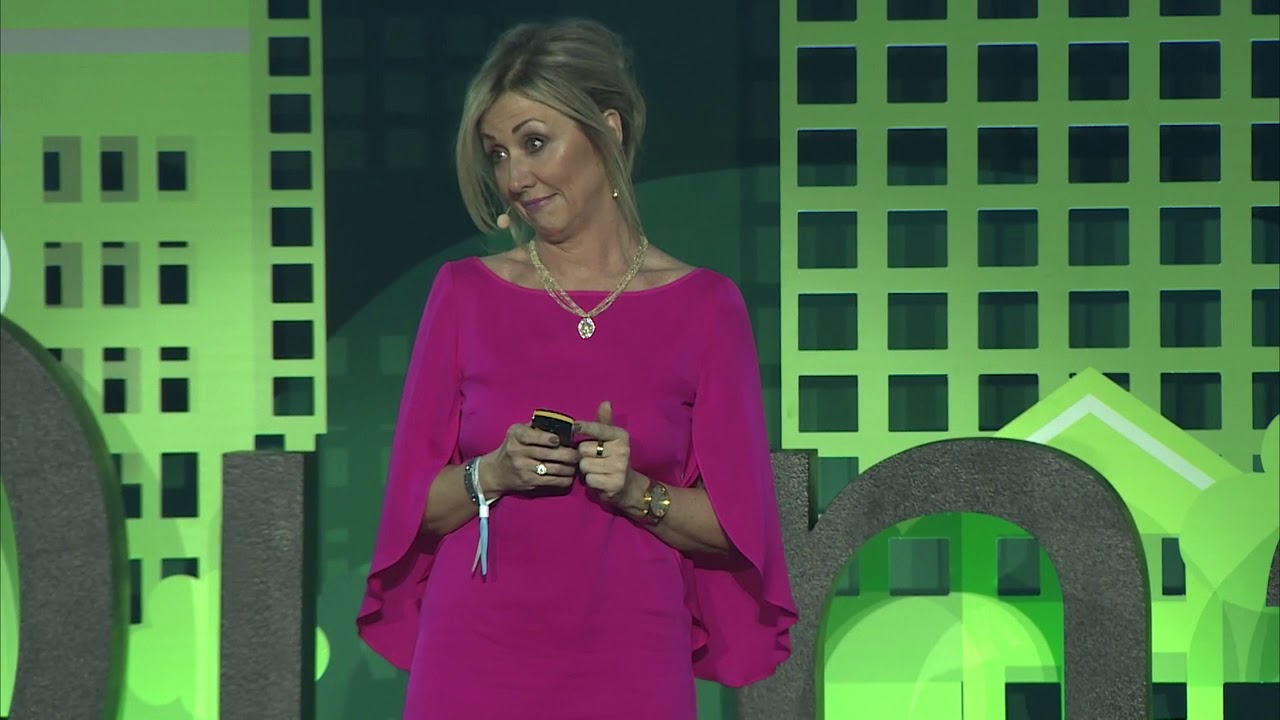
Making Modern Day Marriage Work | Jenna McCarthy | TEDxDunapart
Women began to demand greater rights and equality in marriage, and divorce became more accessible. The idea of companionate marriage, based on mutual love and respect, began to gain popularity.
In the 20th century, the role of marriage in society continued to evolve, with the advent of birth control and the increasing acceptance of premarital sex and cohabitation. The feminist movement and the rise of individualism further challenged traditional notions of marriage and family.
People Also Ask
What Was The Original Definition Of Marriage?
The first dictionary to claim to be based on scientific linguistics was the Century Dictionary, which came out in 1891. It says that marriage is "the legal union of a man and a woman for life."
Why Does Marriage Exist?
Marriage exists so that a man and a woman can live together as husband and wife and raise their children as father and mother. Marriage is good for everyone because having and raising children outside of marriage hurts innocent people, including children and the whole community.
What Is The Main Purpose Of Marriage?
Marriage is the start of a family and a commitment that lasts a lifetime. It also gives you a chance to become more selfless as you help your wife and kids. Marriage is a spiritual and emotional union as well as a physical one. This relationship is like the relationship between God and His Church.
Conclusion
Marriage has undergone significant changes over time, reflecting the changing social, cultural, and religious values of different eras.
From its origins as a means of forming alliances and securing family lines to its evolution as a sacrament controlled by the church, and its current status as a legal and social union based on love and mutual respect, marriage has always been at the center of human society.
Despite the changes, marriage remains a fundamental institution that continues to shape

Frazer Pugh
Author
Frazer Pugh is a distinguished expert in finance and business, boasting over 6 years of experience. Holding an MBA in Finance from Stanford University, Frazer's credentials underscore his authority and expertise in the field.
With a successful track record in executive roles and as a published author of influential articles on financial strategy, his insights are both deep and practical.
Beyond his professional life, Frazer is an avid traveler and culinary enthusiast, drawing inspiration from diverse cultures and cuisines.
His commitment in delivering trustworthy analysis and actionable advice reflects his dedication to shaping the world of finance and business, making a significant impact through his work.

Dexter Cooke
Reviewer
Dexter Cooke is an economist, marketing strategist, and orthopedic surgeon with over 20 years of experience crafting compelling narratives that resonate worldwide.
He holds a Journalism degree from Columbia University, an Economics background from Yale University, and a medical degree with a postdoctoral fellowship in orthopedic medicine from the Medical University of South Carolina.
Dexter’s insights into media, economics, and marketing shine through his prolific contributions to respected publications and advisory roles for influential organizations.
As an orthopedic surgeon specializing in minimally invasive knee replacement surgery and laparoscopic procedures, Dexter prioritizes patient care above all.
Outside his professional pursuits, Dexter enjoys collecting vintage watches, studying ancient civilizations, learning about astronomy, and participating in charity runs.
Latest Articles
Popular Articles
